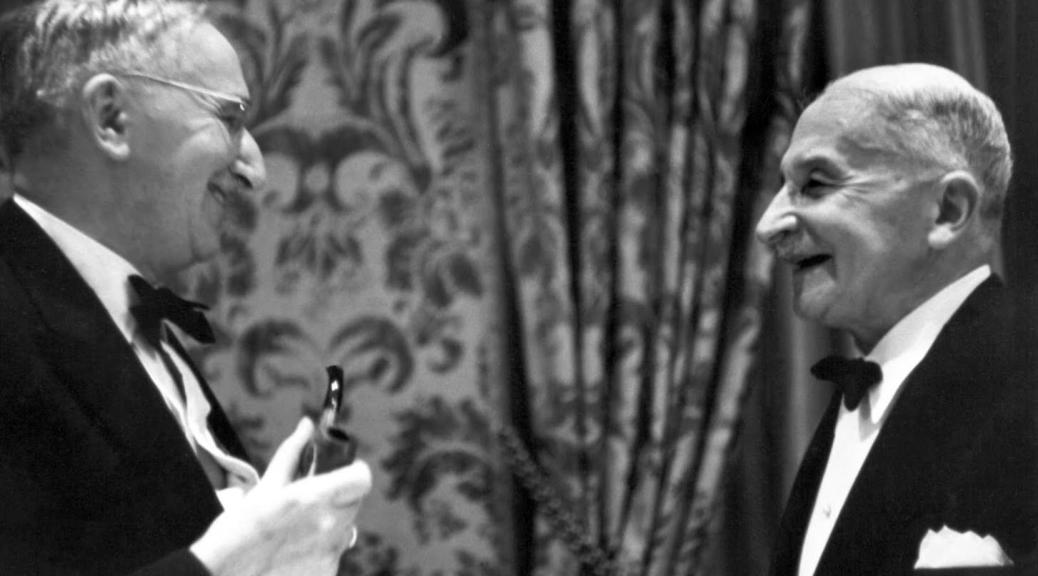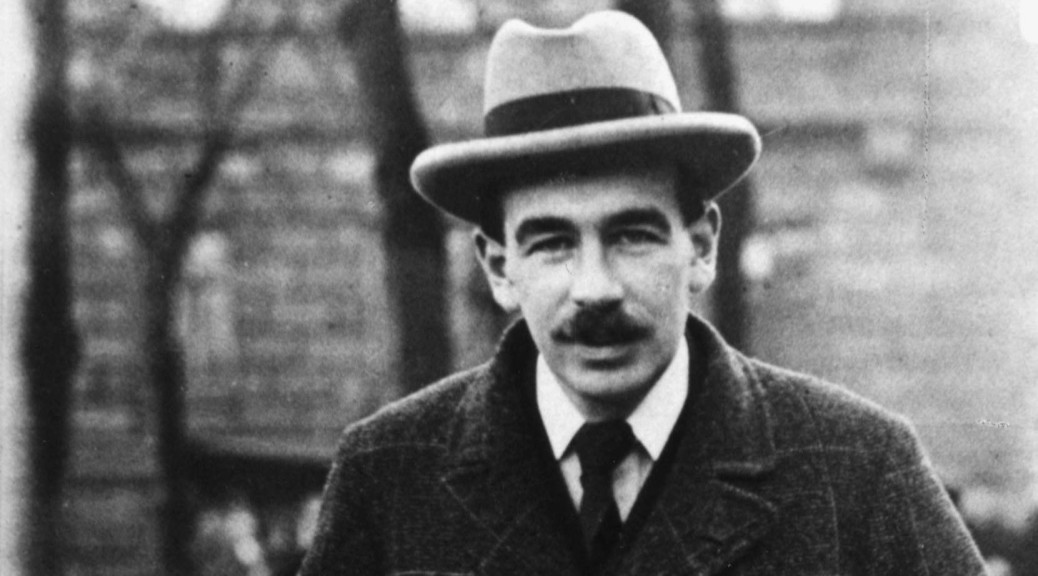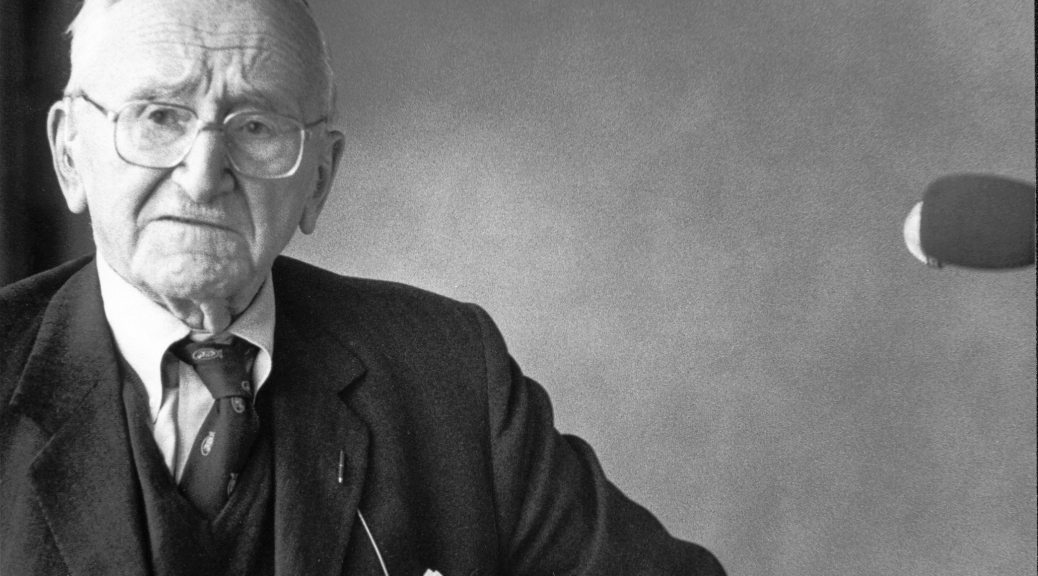In this episode, Diana Thomas discusses the relationship between the Virginia School of Political Economy and the Austrian School of Economics. Diana is an Associate Professor of Economics at the Heider College of Business at Creighton University.
The Virginia School is a branch of public choice, the application of the tools and techniques of economics to the study of political actors. The Virginia School’s founders, James Buchanan and Gordon Tullock, were the first to systematically apply a rational choice framework to the study of politics in The Calculus of Consent.
Two assumptions commonly made by neoclassical economists are the “benevolence assumption” and the “omniscience assumption.” The benevolence assumption is implicit in normative analysis of what governments “ought” to do, as this assumes that political actors are motivated to maximize the common good rather than pursuing their self-interest. This assumption is challenged by public choice economists. The omniscience assumption is at play in economic models that depict the economy as being in equilibrium, whereby nobody is misinformed of or surprised by economic reality. This assumption is challenged by Austrian economists. Continue reading Virginia Political Economy and Entrepreneurship with Diana Thomas
Subscribe to Economics Detective Radio on iTunes, Android, or Stitcher.











